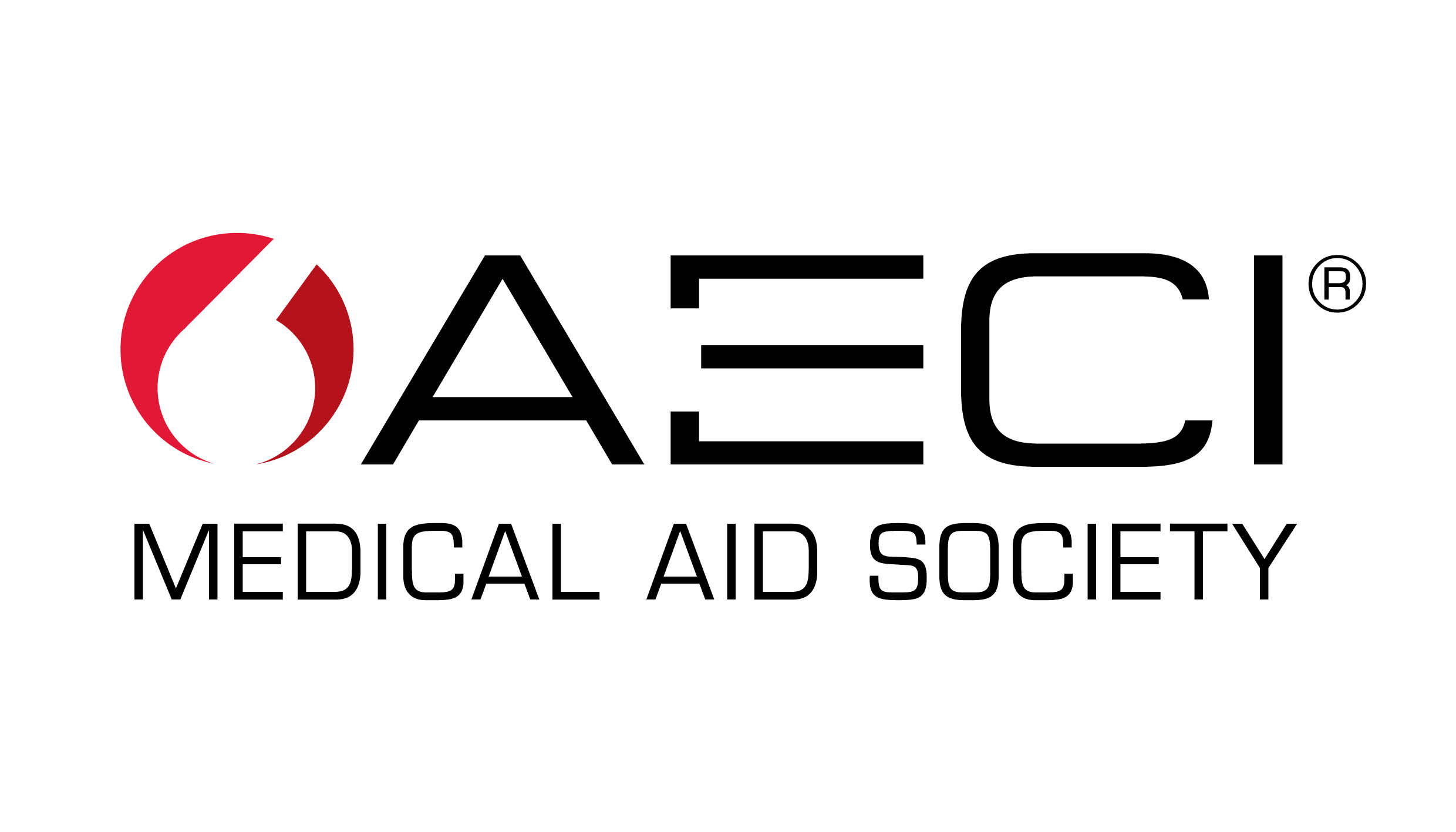Good carbs versus bad carbs
While several factors can contribute to developing Type 2 diabetes, 70.3% of diabetes cases worldwide have been linked to diet.
Mainly, this involves the consumption of processed meat and refined (i.e. bad) carbs.
Mainly, this involves the consumption of processed meat and refined (i.e. bad) carbs.
Diabetes and carbs
Carbs produce and store energy for the body. When you eat carbs, the body breaks them down into glucose, raising blood sugar. The body then releases insulin to normalise blood sugar levels.
The combination of poor diet (for example bad carbs) and other risk factors like obesity and genetics can affect how your body makes and uses insulin to manage glucose. This can lead to insulin resistance, often a precursor to Type 2 diabetes.
Carbs produce and store energy for the body. When you eat carbs, the body breaks them down into glucose, raising blood sugar. The body then releases insulin to normalise blood sugar levels.
The combination of poor diet (for example bad carbs) and other risk factors like obesity and genetics can affect how your body makes and uses insulin to manage glucose. This can lead to insulin resistance, often a precursor to Type 2 diabetes.
The best carbs for those living with diabetes
Not all carbs are created equal. Bad carbs spike blood sugar levels and increase the risk of heart disease and high cholesterol. Good carbs, like high-fibre-containing carbs, on the other hand, are absorbed slowly. Remember that good carbs may also play a role in making the body more sensitive to insulin.
Not all carbs are created equal. Bad carbs spike blood sugar levels and increase the risk of heart disease and high cholesterol. Good carbs, like high-fibre-containing carbs, on the other hand, are absorbed slowly. Remember that good carbs may also play a role in making the body more sensitive to insulin.
Bad carbs – to avoid
- White rice
- Mealie meal
- White bread
- Cakes and biscuits
- Fat cakes (vetkoek/magwinya)
- Sweets and chocolates
Good carbs – to enjoy
- Apples and bananas
- Brown rice
- Brown bread
- Samp
- Beans
- Lentils
- Nuts
While bad carbs can increase the risk of diabetes and complications, choosing good carbs can help prevent the development of diabetes and also plays a role in managing this condition.
Each individual may, however, need different dietary advice based on their circumstances. It would be best if you spoke to your healthcare provider or diabetic nurse educator so that they can formulate the best diet plan for you.
Each individual may, however, need different dietary advice based on their circumstances. It would be best if you spoke to your healthcare provider or diabetic nurse educator so that they can formulate the best diet plan for you.
References:
- https://idf.org-our-network-regions-members-africa-members-25-south-africa.html
- https://www.medicalnewstoday.com-articles-red-meat-refined-carbs-diet-type-2-diabetes-cases
- https://pubmed.ncbi.nlm.nih.gov-29083823-
- https://www.hsph.harvard.edu-nutritionsource-carbohydrates-carbohydrates-and-blood-sugar-
- https://www.diabetes.org.uk-guide-to-diabetes-enjoy-food-carbohydrates-and-diabetes
- https://my.clevelandclinic.org-health-articles-15416-carbohydrates
- https://www.nhs.uk-conditions-high-blood-sugar-hyperglycaemia
- https://www.medicalnewstoday.com-articles-carbs-and-diabetes
- https://orders.fitchef.co.za-knowledge-articles-check-your-plate-mains-carbohydrates-the-good-the-bad-the-ugly
- https://foodsecurity.ac.za-news-researcher-wants-to-give-starchy-pap-a-health-makeover-
- https://taste.co.za-glossary-low-gi-foods-
- https://www.whatsfordinner.co.za-articles-health-benefits-of-traditional-samp-and-beans-
- https://doi.org-10.1093-jn-131.10.2782S
